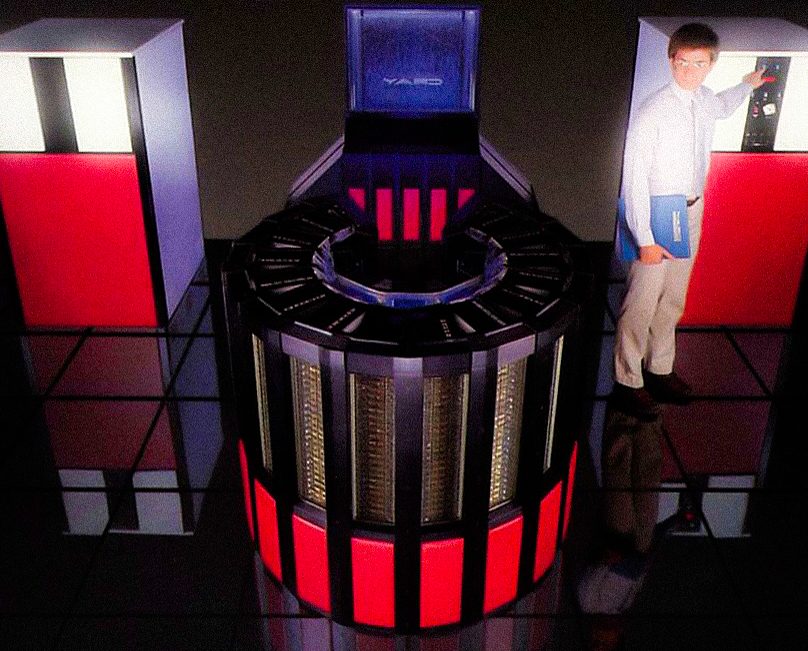Unless a party is personally served, the deadline to respond will be extended for email service. It’s important to know when additional time is added, and how much. For a two-minute review of the key rules, see the summary below. You will also find some 2017 changes to California Rules of Court that will affect (complicate) some filings if you are e-filing in state court.
California Code of Civil Procedure/California Rules of Court (CCP 1010.6; CRC 2.251).
- Added Time: Unless a statute or court rule applies otherwise (e.g., new trial, vacate judgment, notice of appeal), the time of notice or to take any act or response is extended by 2 court days. (This also gives the party serving the document extra time. See Kahn v. The Dewey Group, 240 Cal. App. 4th 227 (2015) (defendant filing a cost memorandum entitled to two extra days for notice of entry of judgment served on plaintiff by email).)
- When Service is Complete: Upon transmission or notification.
- Proof of Service: Must include the electronic service address of the person making the service (in addition to the business address); the date and time [see note] the email was sent; the name and electronic service address of the person served; and that the document was e-served. CRC 2.251(i)(1). The original POS is kept by the party making the service. [Note, starting 2017, you won’t need to include the time on your proof of service.]
- When permitted: E-service is permitted (i) for any document that can be served by mail, fax, overnight delivery if the party consents to e-service or (ii) required by local rule or court order. Consent to e-service means filing/serving notice of consent to e-service or filing any document electronically. A non-party may not be e-served unless it consents or service is provided by law.
- Service by Notification: Additional rules apply if service is made by notification (i.e., you email a party a link to download a large file).
Federal Rules of Civil Procedure/Central District Local Rules (FRCP 6(d); L.R. 5-3.1.2)
- Added Time: When a party may or must act within a specified time after service and service is made under Rule 5(b)(2)(C), (D), (E), or (F), 3 days are added after the period would otherwise expire under Rule 6(a). FRCP 6(d). (But note for motions: If served personally, or electronically, the notice of motion shall be served not later than twenty-eight (28) days before the Motion Day designated in the notice. CDLR 6-1.)
- When Service Is Complete: Upon transmission. (Compare, service by other means is complete when the copy is delivered to the agency designated to make delivery.) However, e-service is not effective if the serving party learns that the service did not reach the person served.
- Proof of Service: The Notification of Electronic Filing generally constitutes proof of service. For documents not filed, the POS must include document served, the date and manner of service, and the name and address (or email address) of person served.
- When permitted: If a person consents in writing, service may be made by electronic means. In Central District, all attorneys must register with ECF. Those not registered with the court’s CM/ECF system (or have not consented to electronic service) (e.g., third-parties, pro se parties) must be served traditionally.
Rule Changes.
Starting 2017, the following California Rules of Court change re electronic documents:
- CRC 3.1110(f)(4): Electronic exhibits must meet the requirements in rule 2.256(b). Unless they are submitted by a self-represented party, electronic exhibits must include electronic bookmarks with links to the first page of each exhibit and with bookmark titles that identify the exhibit number or letter and briefly describe the exhibit.
- CRC 3.1113(i)(1): Authorities. A judge may require that if any authority other than California cases, statutes, constitutional provisions, or state or local rules is cited, a copy of the authority must be lodged with the papers that cite the authority. If in paper form, the authority must be tabbed or separated as required by rule 3.1110(f)(3). If in electronic form, the authority must be electronically bookmarked as required by rule 3.1110(f)(4).
- CRC 3.1306(c)(2): Judicial notice. A party requesting judicial notice of material under Evidence Code sections 452 or 453 must provide the court and each party with a copy of the material. If the material is part of a file in the court in which the matter is being heard, the party must: (2) Either make arrangements with the clerk to have the file in the courtroom at the time of the hearing or confirm with the clerk that the file is electronically accessible to the court.
- CRC 3.1362(d)(2). Motion to be relieved as counsel: If the notice is served on the client by electronic service under Code of Civil Procedure section 1010.6 and rule 2.251, it must be accompanied by a declaration stating that the electronic service address is the client’s current electronic service address.


2,985 Comments
Comments are closed.